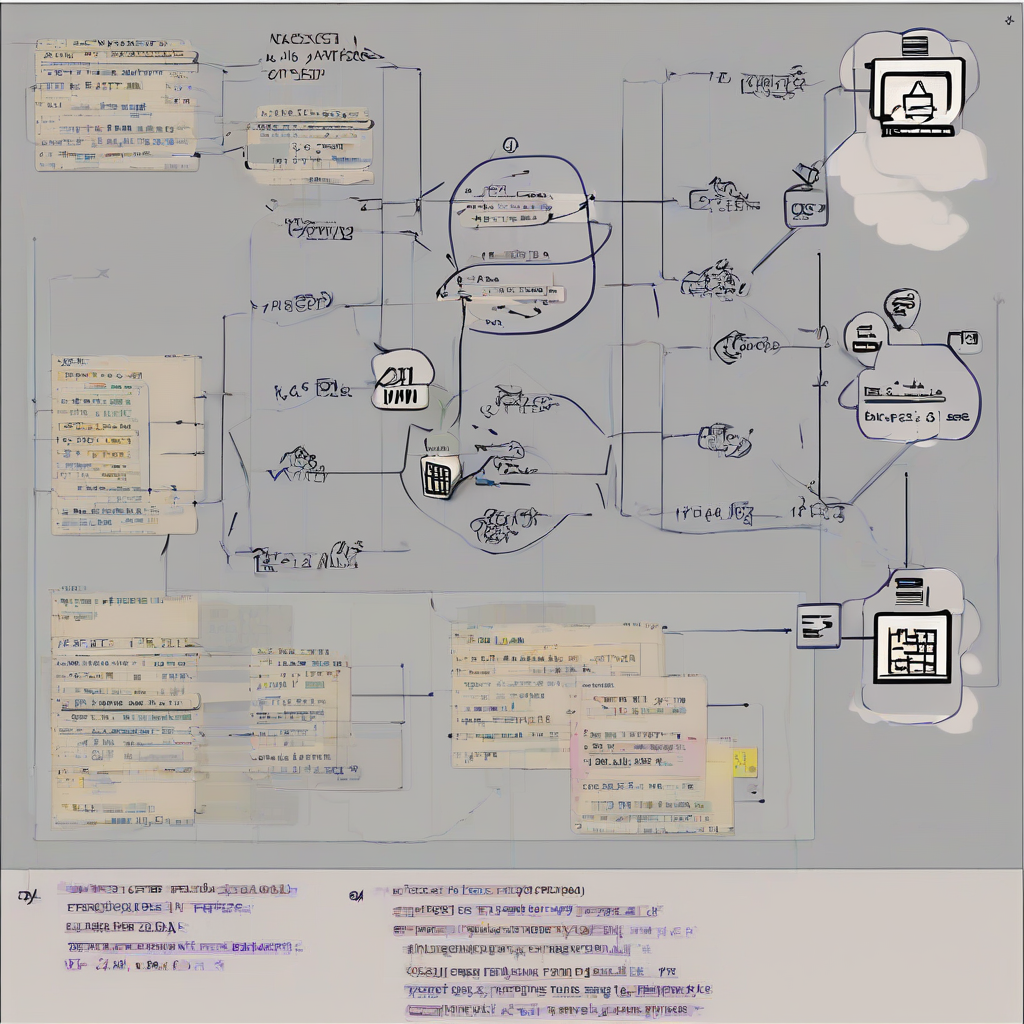Fueling the Fight: The Critical Role of Donations in Cancer Research
Cancer, a global health crisis, affects millions worldwide, demanding relentless innovation and investment in research to discover effective prevention strategies, treatments, and cures. The fight against cancer is a marathon, not a sprint, and its progress heavily relies on the unwavering support of donations. These donations are not merely financial contributions; they represent hope, resilience, and a collective commitment to conquering this devastating disease. This comprehensive exploration delves into the multifaceted impact of donations on cancer research, highlighting their significance in various stages of the scientific process.
Funding Fundamental Research: The Building Blocks of Discovery
At the foundation of every medical breakthrough lies fundamental research. This crucial initial stage involves investigating the intricate mechanisms of cancer development, progression, and metastasis. Donations play a vital role in supporting this often-lengthy and unpredictable process. Without sustained funding, promising research avenues may be prematurely abandoned, hindering potential discoveries. Donations help researchers:
- Conduct preliminary experiments to test hypotheses and explore new avenues of investigation.
- Develop and refine innovative laboratory techniques and methodologies.
- Purchase essential equipment and supplies needed for complex research projects.
- Train and mentor the next generation of cancer researchers, ensuring a continuous pipeline of scientific talent.
- Analyze vast datasets generated through genomic sequencing and other high-throughput technologies.
These seemingly small contributions, collectively amplified through numerous donations, pave the way for major advancements in our understanding of cancer biology.
Supporting Translational Research: Bridging the Gap from Lab to Clinic
Translational research focuses on translating fundamental discoveries into practical applications, ultimately leading to improved diagnostics, treatments, and preventative measures. This critical phase demands significant investment, bridging the gap between laboratory findings and clinical trials. Donations are crucial for:
- Developing and testing novel cancer therapies, including targeted therapies, immunotherapies, and gene therapies.
- Conducting preclinical studies in animal models to evaluate the safety and efficacy of new treatments.
- Funding clinical trials to assess the effectiveness and safety of promising therapies in human patients.
- Developing and validating diagnostic tools for early cancer detection, improving patient prognosis and treatment outcomes.
- Supporting research into personalized medicine, tailoring treatments to individual patients based on their unique genetic profiles.
The transition from laboratory discovery to clinical application is resource-intensive, demanding substantial financial backing from donations to ensure the successful translation of promising research into life-saving treatments.
Enhancing Cancer Prevention and Early Detection
Preventing cancer and detecting it at its earliest stages are paramount to improving survival rates. Donations play a crucial role in research initiatives focused on:
- Identifying risk factors for various types of cancer and developing strategies for risk reduction.
- Developing and evaluating innovative screening methods for early cancer detection.
- Investigating lifestyle factors, such as diet, exercise, and tobacco use, and their impact on cancer risk.
- Educating the public about cancer prevention and early detection through awareness campaigns.
- Supporting research on the role of genetics and environmental factors in cancer development.
By investing in prevention and early detection research, donations directly contribute to reducing cancer incidence and improving patient outcomes.
Improving Cancer Care and Patient Support
Beyond research, donations significantly impact the lives of cancer patients and their families. Donations support initiatives aimed at:
- Providing financial assistance to patients struggling with the high costs of treatment.
- Offering emotional and psychosocial support to patients and their families.
- Developing innovative palliative care approaches to improve the quality of life for patients with advanced cancer.
- Funding research on improving the patient experience and reducing the burden of cancer treatment.
- Supporting initiatives to address health disparities and ensure equitable access to cancer care.
These supportive measures, often overlooked, are essential components of comprehensive cancer care and are heavily reliant on the generosity of donors.
The Impact of Different Types of Donations
Donations come in various forms, each contributing significantly to cancer research progress:
- Individual donations: These gifts, regardless of size, collectively create a substantial impact, fueling research projects and supporting essential initiatives.
- Corporate donations: Companies demonstrate their commitment to societal well-being by supporting cancer research, often aligning their philanthropic efforts with their business goals.
- Grant funding: Government agencies and private foundations provide significant funding for larger-scale research projects, requiring detailed proposals and rigorous peer review.
- Bequests and planned giving: Individuals can leave legacies by including charitable donations in their wills, providing long-term support for cancer research.
- Fundraising events: Marathons, walks, and galas raise substantial funds and heighten public awareness about cancer research.
Transparency and Accountability in Cancer Research Funding
Ensuring transparency and accountability in the use of donated funds is paramount. Reputable cancer research organizations:
- Publicly disclose their financial statements, outlining how donations are allocated.
- Maintain rigorous internal controls to ensure responsible financial management.
- Regularly audit their financial records to ensure compliance with ethical and legal standards.
- Provide regular updates to donors on research progress and the impact of their contributions.
- Employ independent review boards to evaluate research proposals and ensure scientific rigor.
The Future of Cancer Research and the Continued Need for Donations
The fight against cancer is an ongoing endeavor that demands sustained commitment and investment. While significant progress has been made, much work remains to be done. Continued donations are vital for:
- Developing more effective and less toxic cancer treatments.
- Improving cancer prevention and early detection strategies.
- Addressing health disparities and ensuring equitable access to cancer care.
- Developing personalized medicine approaches tailored to individual patients.
- Understanding the complex interplay of genetics, environment, and lifestyle factors in cancer development.
Donations are not simply financial contributions; they are investments in a healthier future, fueling the relentless pursuit of a world free from the burden of cancer. Every donation, no matter how small, brings us closer to achieving this vital goal.





